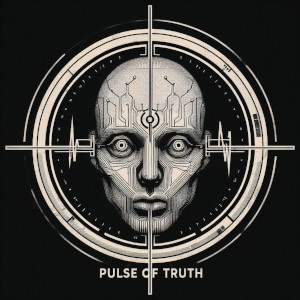

That’s kind of the point, that show ended 28 years ago. What have you seen him in since then? When he’s been mentioned in the years since, it’s generally either to make a joke about his career or just his general persona.
30 Rock in 2006: In this episode, Jenna Maroney goes on a sexual walkabout, engaging in a bunch of deviant sex acts. At ~3:45, we see the very end of her checklist:
- In an airplane wheel well
- Pull a general Tso’s Revenge
- Run a train with the cast of “Training Day” on a train
- Soon-Yi a marriage
- Supreme court Justice,Liberal
- Yoko a band
- Dean Cain
Once the band has been Yoko’d, she scrolls down to the final entry. “Ugh, Dean Cain,” she sighs, rolling her eyes.
Family Guy in 2007: Dean Cain is so desperate for attention that he’s taken to wearing old Superman merch and sidling up to random strangers then saying “Hey, is that Dean Cain?” in a fake voice.



















Or Windex.